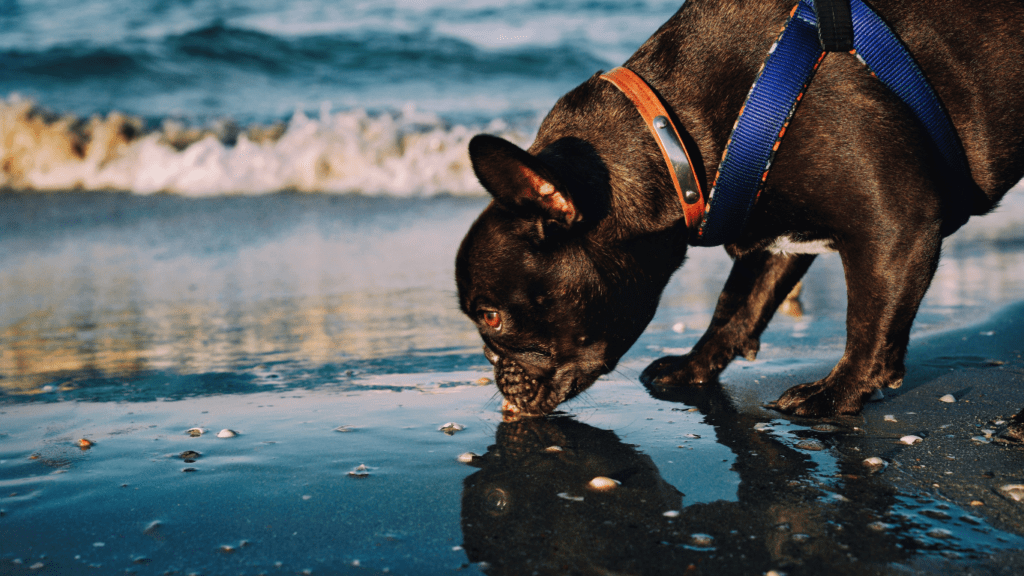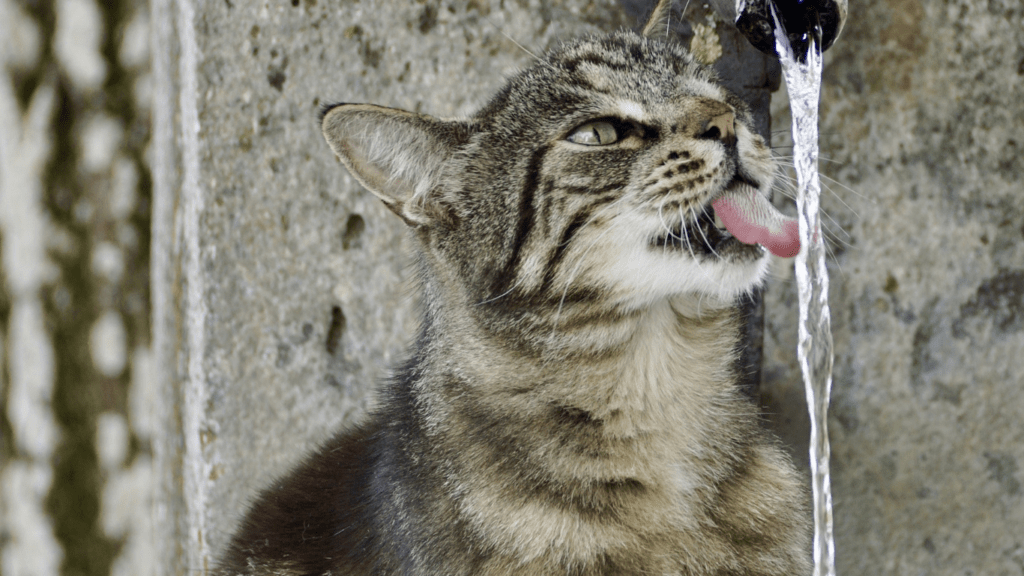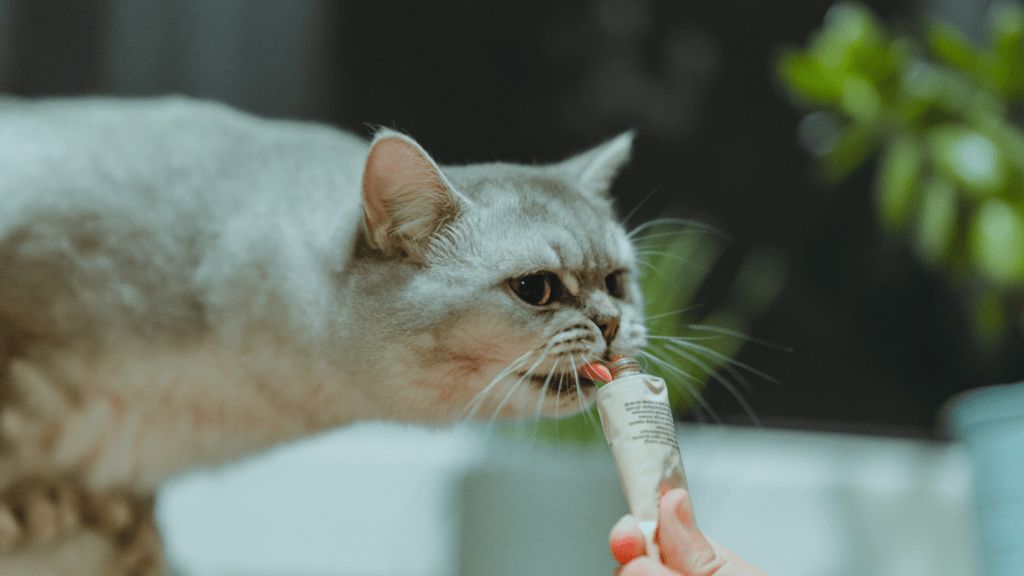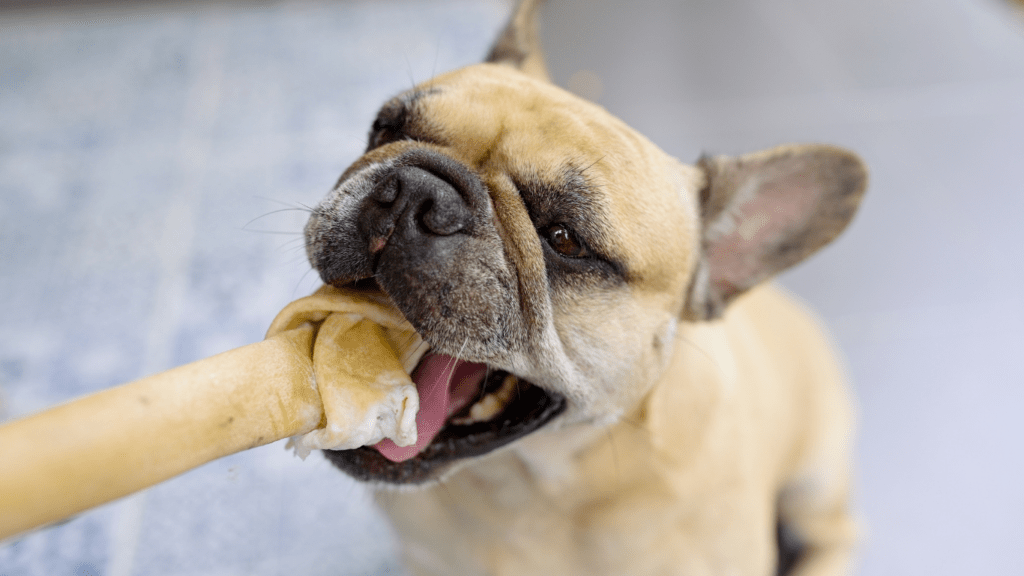Understanding Pet Hydration
Pet hydration is critical for maintaining their health and safety. Hydration helps regulate body temperature, supports digestion, and aids in nutrient transport. Pets, including dogs and cats, need fresh water daily for these vital processes.
Hydration Needs by Species
Different pets have varying hydration needs. Dogs generally require about one ounce of water per pound of body weight daily. On the other hand, cats need slightly less, around 3.5 to 4.5 ounces of water per five pounds of body weight each day. For small mammals like rabbits and guinea pigs, their needs range from 50 to 100 milliliters per kilogram of body weight.
Signs of Dehydration
Recognizing dehydration in pets is key to prompt intervention. Common signs include:
- lethargy
- dry gums
- sunken eyes
- decreased skin elasticity, and excessive panting. If a pet shows these symptoms, it’s essential to consult a veterinarian immediately.
Factors Affecting Hydration
Several factors affect a pet’s hydration levels. Ambient temperature, diet type, and activity level all play significant roles. During hot weather, pets can lose more water through panting, requiring increased water intake. Similarly, pets on dry food diets need more water compared to those on wet food diets. Active pets also require additional hydration to compensate for water lost through exercise.
Ensuring Adequate Hydration
There are practical ways to ensure pets stay hydrated. Always provide clean, fresh water and wash water bowls frequently. For picky cats, consider water fountains, which might encourage them to drink more. Monitoring water intake helps identify potential health issues early.
Maintaining proper hydration is essential for pets’ overall well-being. With the right strategies in place, pet owners can play an active role in their pets’ health and safety.
Health Benefits of Fresh Water for Pets

Fresh water offers numerous benefits for pets, significantly contributing to their overall health and safety. Ensuring they have access to clean water can enhance their well-being in various ways.
Hydration and Vital Organ Function
Proper hydration is crucial for the optimal functioning of pets’ vital organs. Fresh water helps maintain kidney function, essential for filtering toxins from the blood. Adequate hydration supports heart health by maintaining blood volume and pressure, reducing the risk of cardiovascular issues. For example, dogs and cats need fresh water daily to support these critical systems.
Improved Digestion
Fresh water aids in the digestive process for pets. Water helps dissolve nutrients, making it easier for the body to absorb essential vitamins and minerals. Proper hydration prevents constipation by softening stools and promoting regular bowel movements. Pets like rabbits require sufficient water for digesting fibrous diets efficiently.
Healthy Skin and Coat
Hydration directly impacts pets’ skin and coat health. Fresh water keeps the skin supple and the coat shiny by maintaining natural moisture levels. Well-hydrated pets exhibit fewer skin issues, such as dryness or flakiness, which can lead to infections. A consistently hydrated dog or cat will have healthier skin and a more lustrous coat.
Risks of Dehydration in Pets
Dehydration poses significant health risks for pets. It affects various physiological processes and can lead to severe complications.
Recognizing Signs of Dehydration
Recognizing dehydration in pets is vital. Common signs include lethargy, dry gums, and sunken eyes. For instance, dogs and cats may exhibit decreased skin elasticity, which is evident if their skin doesn’t quickly return to its normal position when gently pulled. In small mammals like rabbits, additional signs include loss of appetite and reduced fecal output.
Long-term Health Issues
Long-term dehydration can cause severe health issues for pets. Chronic dehydration strains the kidneys, leading to renal dysfunction or failure over time. Heart health also suffers since adequate hydration is crucial for maintaining blood volume and pressure.
In addition, dehydration negatively affects digestion and nutrient absorption, potentially resulting in malnutrition. For pets with poor hydration, their skin may lose elasticity, and their coat may become dry and brittle, indicating compromised skin health.
Continually monitoring and ensuring pets have access to fresh water mitigates these risks and promotes their overall health and well-being.
Best Practices for Providing Fresh Water
Ensuring pets have access to fresh water is vital for their health and safety. Adopting best practices helps keep pets hydrated and supports their overall well-being.
Choosing the Right Water Bowl
Selecting an appropriate water bowl can make a significant difference in pets’ hydration habits. Bowls should be non-porous and easy to clean to prevent bacterial growth. Stainless steel and ceramic bowls, for instance, are excellent choices due to their durability and ability to inhibit bacteria. Choose a size appropriate for the pet, ensuring it holds enough water for daily consumption.
Maintaining Water Freshness
Regularly changing the water keeps it fresh and appealing. Replace the water at least once a day and more frequently during warm weather. Clean the bowl daily with mild soap and water to remove slime and debris. Using filtered water can also improve taste and purity, encouraging pets to drink more.
Encouraging Pets to Drink More
Certain strategies can help increase pets’ water intake. Placing multiple water bowls in different locations ensures easy access. Some pets prefer moving water, so consider using a pet water fountain. Adding a bit of low-sodium chicken broth to the water can make it more enticing. Monitoring water consumption can reveal insights into pets’ hydration status and health.
The Role of Fresh Water in Pet Safety
Fresh water is vital for pets’ health, acting as a barrier against numerous health risks. Understanding how fresh water influences pet safety can help ensure their well-being.
Avoiding Contaminated Water Sources
Pets need clean water to avoid illnesses. Contaminated water can harbor pathogens and toxins, leading to conditions like gastrointestinal infections, liver issues, and other diseases. Use filtered or tap water tested for safety. Outside, prevent pets from drinking from puddles or streams, which might contain harmful chemicals or bacteria.
Additionally, standing water in bowls or containers can attract pests and cause bacteria to proliferate. Clean water dishes daily to mitigate these risks. During outdoor adventures, bring a portable pet-safe water source to ensure your pet drinks uncontaminated water. These practices help maintain pets’ health and reduce the risk of infections.
Travel and Fresh Water Considerations
- Traveling with pets requires special attention to their hydration.
- Always have a supply of fresh water when on the road or flying.
- Pets may refuse unfamiliar water sources, which can lead to dehydration. Bring water from home or use bottled water specifically safe for pets.
- Consider collapsible water bowls for convenience. These are practical for both short trips and extended journeys.
- Frequent stops during long drives allow pets to hydrate and relieve themselves. This mitigates anxiety and stress, which can also affect hydration levels.
- Ensuring pets have access to fresh water while traveling supports their health and safety no matter the destination.




